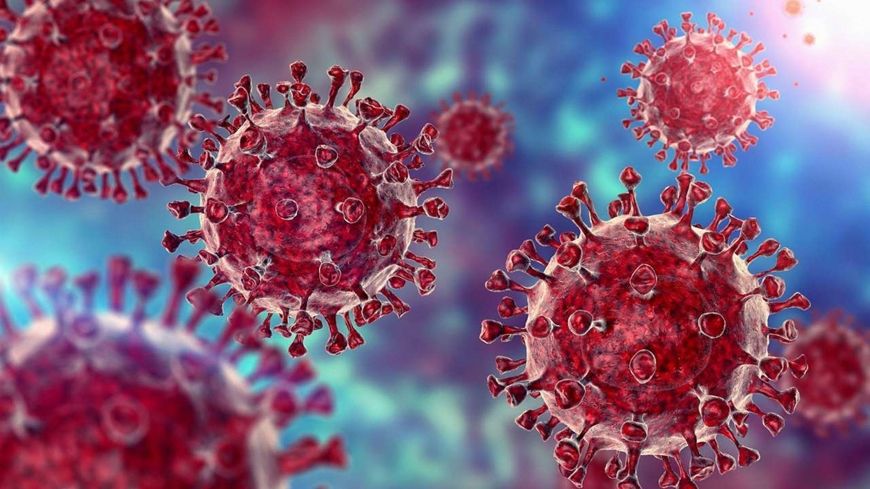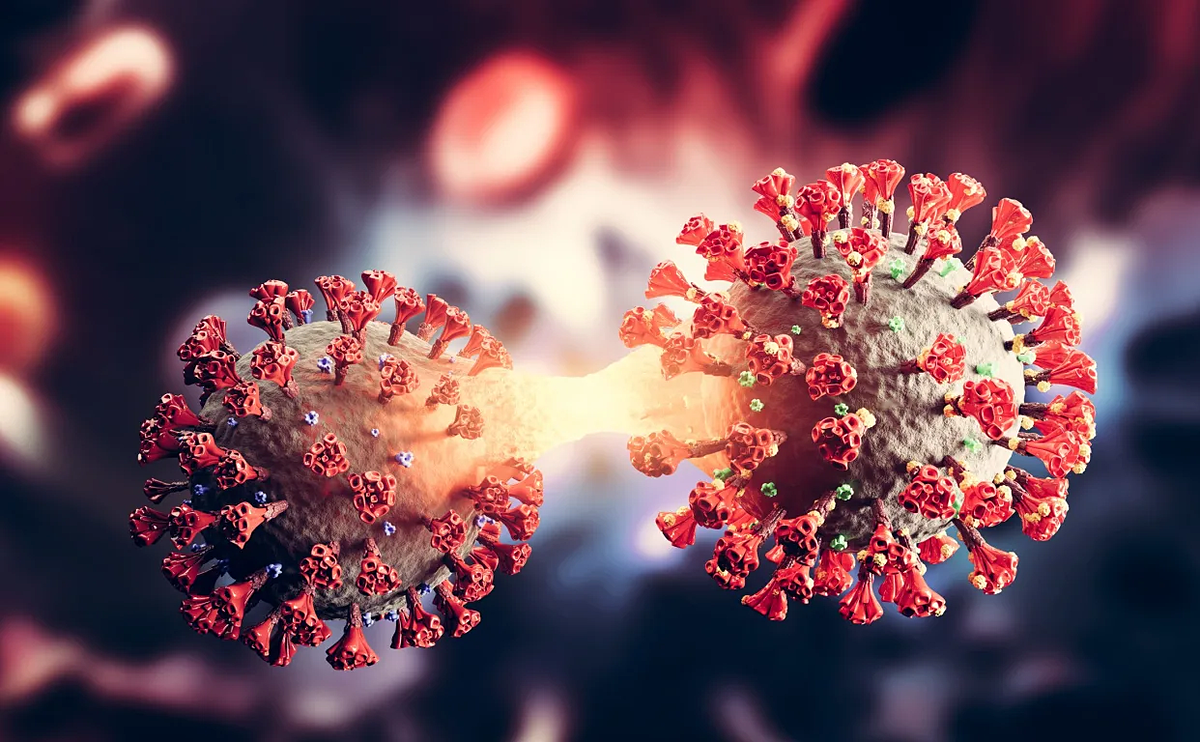Many waves of epidemics hit the US
The US could experience a "triple pandemic" this winter as Covid-19 cases reach unprecedented levels this year, combined with rising waves of flu and RSV.
Associate Professor Raj Rajnarayanan, assistant dean for research at the New York Institute of Technology in Jonesboro, calls this phenomenon a "syndemic." It shows the impact of many pathogens on the health care system and the importance of specific health policies.
According to data from the US Centers for Disease Control and Prevention (CDC), wastewater levels due to Covid-19 are at a high level and continue to increase, on track to surpass the peak in September. As for the weekly number of hospitalizations, has increased by 10% every week since November 11, of which the latest number last week was over 20,000. Deaths are not increasing, but they are not decreasing either.
Jay Weiland, a Covid-19 forecasting expert, also believes that this year's winter epidemic will be highest, when the Omicron sub-variant XBB.1.5 (Kraken) circulates. The epidemic may surpass last year, but it will be difficult to compete with the epidemic peak in early winter 2021.
Besides, experts pay attention to strain BA.2.86 (Pirola) and its subbranches, especially JN.1. Both have a rapid rate of spread, which can make the epidemic wave more serious. According to the report, BA.2.86 accounts for about 9% of infections in the US, ranking third in the dominant variant group.
The World Health Organization (WHO) also recorded that the BA.2.86 virus family accounts for about 9% of positive cases globally. Last week, they upgraded this variant to the "of concern" group.

Besides Covid-19, hospitalization rates due to respiratory syncytial virus (RSV) and influenza have also increased, and the number of outpatient visits has been unusually high since 2017, only lower than last year.
Dr. Mandy Cohen, director of the CDC, said flu season is typical of epidemics in the United States. However, its increase this year is still considered quite fast. The rate of RSV cases is nearing its peak, according to the House Energy and Commerce Subcommittee on Oversight and Investigations.
Many experts believe that the 2023 respiratory disease season may be as serious as last year after pandemic prevention measures were ignored. It may be another year or two before the situation returns to normal completely.
However, Michael Osterholm, director of the Center for Infectious Disease Research and Policy (CIDRAP), University of Minnesota, commented that "it's too early to say that this year's epidemic will be worse."
Pathogens like RSV or influenza peak earlier than usual, but severity does not increase. Mr. Osterholm commented that the epidemic itself is not a concern. Low hospital bed capacity and the qualifications of medical staff are factors that contribute to making the health crisis worse than it actually is.
Meanwhile, some experts point out that temporary immunodeficiency after two years of Covid-19 makes people more susceptible to common infectious pathogens.
* SOURCE: https://vnexpress.net/nhieu-lan-song-dich-benh-tan-cong-my-4684470.html









 Facebook
Facebook
 Tweet
Tweet
 Zalo
Zalo







 News
News

















 Sign in with Facebook
Sign in with Facebook
 Sign in with Google
Sign in with Google